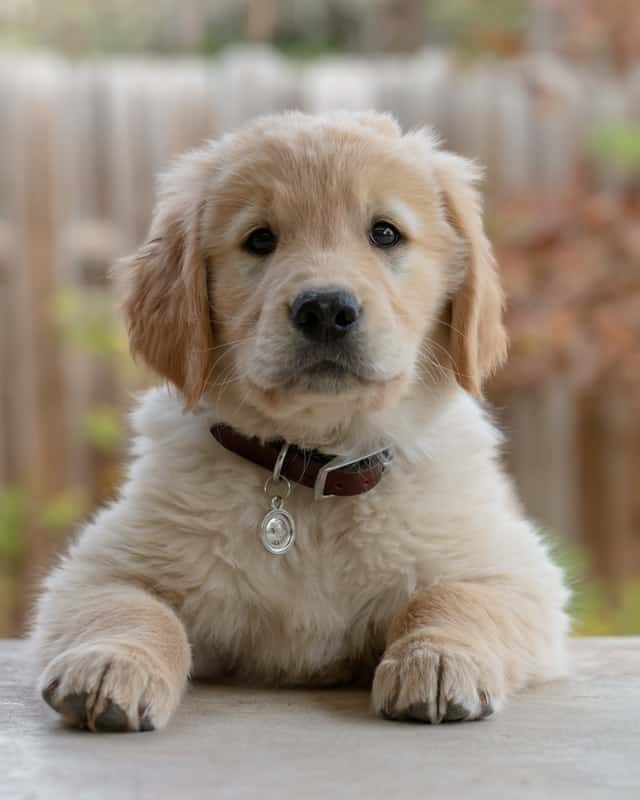Taking care of your puppy’s dental health is very important . Implementing good prevention and daily oral hygiene strategies ensures that dogs do not suffer from bad breath and guarantees them healthy and beautiful teeth . Not only that, oral hygiene is essential to preserve all the dental elements, thus reducing visits to the veterinarian.

All about puppy teeth care
- A puppy, as you know, is born without teeth . However, dogs develop very quickly, and already after a few weeks of life, the eruption of milk teeth begins . These milk teeth, also called deciduous, remain up to 3 – 4 months: after that, they begin to fall out to give way to the definitive teeth.
- Just like babies do, puppies lose their baby teeth gradually. Around 3 months, the incisors begin to fall out and you will notice that the first definitive teeth appear (the premolars almost simultaneously with the first upper and lower incisors).
- Between 7 and 8 months all the milk teeth were replaced by the definitive ones. The pleasant smell of your puppy’s mouth is just a memory, the smell of the breath changes and is no longer so pleasant.
- If you don’t find the fallen baby teeth, don’t worry: puppies often swallow them. Nothing happens and there is no reason to worry.
- It can often happen that milk and permanent teeth coexist . In this case, it is better to contact the veterinarian, who will assess whether or not it is appropriate to intervene surgically. If so, you can take advantage of sedation for castration or sterilization.
- A good way to prevent dental ailments is to get your puppy used to dental care; you can start undergoing these treatments right away. Brushing his teeth from the first months of life can be a good strategy to get your dog accustomed to preventive care and oral hygiene.
- Another way to maintain good oral health is to give your dog quality, healthy food . Good kibble, dog biscuits and special bones help keep your dog’s teeth healthy.
- Healthy teeth are resistant to attack by caries and bacteria. Remember that bacteria can enter the bloodstream causing pain and a variety of diseases. So the more you brush your dog’s teeth, the better. If you do it once a day, that’s fine, the important thing is not to forget.
How to brush your puppy’s teeth?
Puppies need a lot of care, and it’s never too early to worry about their oral health too, in fact, the sooner … the better.
But you have to remember: start with a short clean .
- Before using the toothbrush, put a small amount of toothpaste on your index finger and start massaging your little friend’s gums.
- Once the puppy is no longer reluctant to put your finger in his mouth, you are ready to begin the practice.
- If you notice that your puppy’s first reaction is to bite the toothbrush, don’t worry as this is completely normal.
- Once your puppy is familiar with the tools, start brushing his teeth. The movement must be circular, from the gums to the ends of the teeth.
- Especially brush the area next to the gum: this is where the most tartar accumulates.
What do you need to brush his teeth?
A toothbrush and toothpaste that tastes nice to the puppy . Some toothpastes are peanut butter and dogs love it.
- If your dog is reluctant, you can resort to thimble-shaped toothbrushes that slip like a sheath on the finger. This is a good idea especially for nervous or restless dogs.
- If your dog doesn’t really want to know about it, you can use a spray toothpaste. These products are usually minty-flavored, and while it helps keep their breath fresh, it’s not always a popular flavor for dogs.
Remember that there are many snacks for sale in pet stores that help fight bad breath and tartar .






